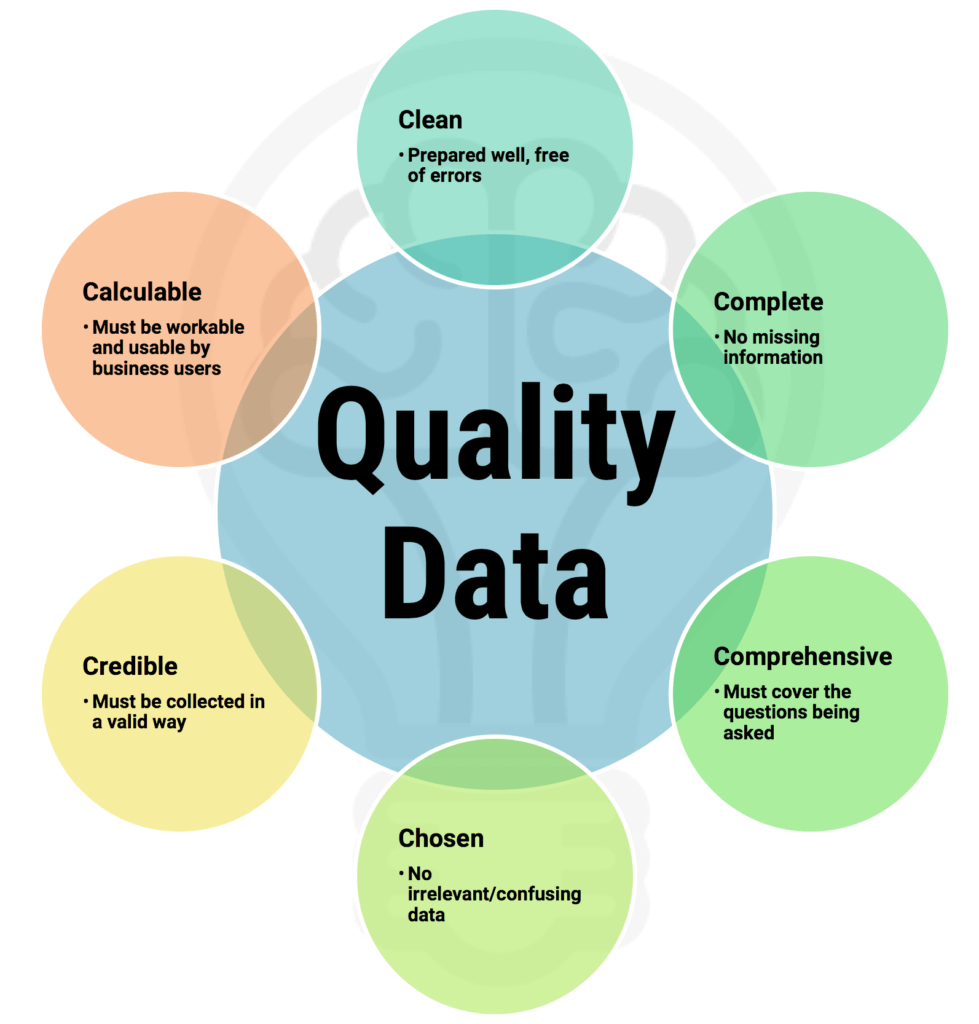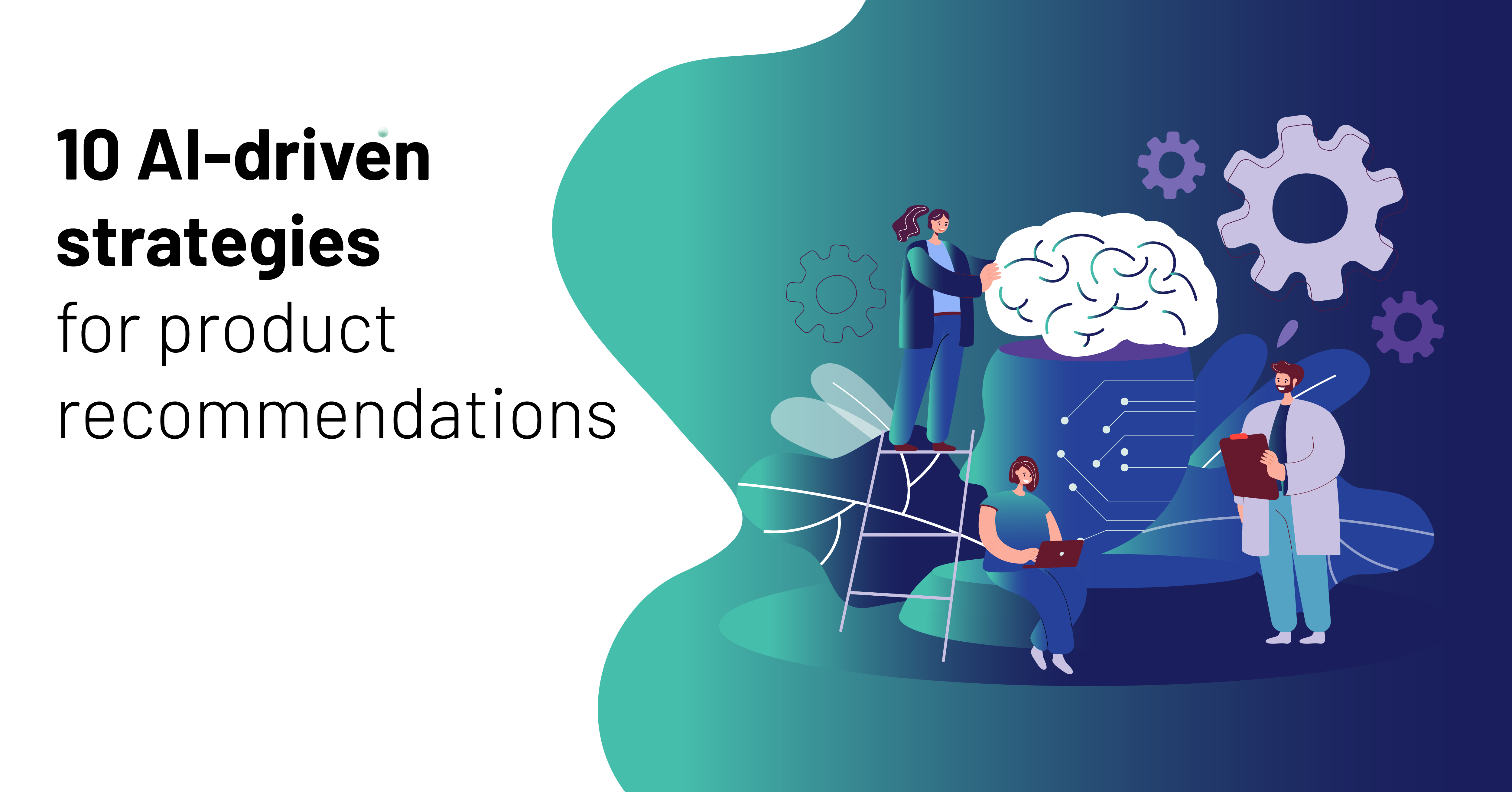AI Applications In Marketing Challenges And Limitations Of Marketing AI Presentation
| Introduction to AI Applications in Marketing | ||
|---|---|---|
| AI has revolutionized the marketing industry by automating processes and enhancing customer experiences. AI enables marketers to gain valuable insights from vast amounts of data, leading to more targeted and personalized campaigns. However, there are challenges and limitations that marketers need to be aware of when using AI in their strategies. | ||
| 1 | ||
| Challenge 1 - Data Quality and Privacy | ||
|---|---|---|
| One challenge of using AI in marketing is ensuring the quality and accuracy of data used for analysis and decision-making. Marketers must address data privacy concerns and comply with regulations such as GDPR to protect customer information. Balancing data collection and customer privacy is crucial to maintain trust and avoid potential legal consequences. | ||
| 2 | ||
| Challenge 2 - Algorithm Bias and Interpretability | ||
|---|---|---|
| AI algorithms can sometimes be biased, leading to unfair targeting or exclusion of certain customer segments. Marketers need to ensure that AI systems are trained on diverse and unbiased data to prevent algorithmic bias. Interpreting AI-generated insights and recommendations can be challenging, making it difficult for marketers to trust and act upon them. | ||
| 3 | ||
| Challenge 3 - Integration and Implementation | ||
|---|---|---|
| Integrating AI systems with existing marketing infrastructure can be complex and time-consuming. Marketers may face challenges in aligning AI solutions with their business goals and processes. Adequate training and upskilling of marketing teams are necessary to ensure successful implementation and utilization of AI technologies. | ||
| 4 | ||
| Limitation 1 - Lack of Human Creativity and Intuition | ||
|---|---|---|
| AI can automate repetitive tasks and data analysis, but it often lacks the creativity and intuition that humans bring to marketing. Human intuition and creativity are essential for developing innovative campaigns and understanding complex customer behaviors. Marketers should leverage AI as a tool to enhance their abilities rather than relying solely on AI-generated insights. | ||
| 5 | ||
| Limitation 2 - Ethical Considerations and Trust | ||
|---|---|---|
| AI-enabled marketing raises ethical concerns, such as the use of personal data and the potential for manipulation. Marketers must prioritize ethical practices and transparent communication to build and maintain customer trust. Ensuring AI systems are accountable and explainable is crucial for marketers to gain trust from both customers and stakeholders. | ||
| 6 | ||
| Limitation 3 - Cost and Resource Constraints | ||
|---|---|---|
| Implementing AI technologies in marketing can be expensive, especially for small businesses with limited budgets. Maintaining and updating AI systems may require additional resources, including skilled personnel and infrastructure. Marketers need to carefully evaluate the cost-benefit ratio and consider scalable AI solutions that align with their budget and resources. | ||
| 7 | ||
| Conclusion | ||
|---|---|---|
| AI applications in marketing offer numerous benefits, but they also come with challenges and limitations. Marketers must address data quality, algorithm bias, and integration challenges to ensure successful AI implementation. Ethical considerations, lack of human creativity, and resource constraints are limitations that marketers need to navigate when using AI. | ||
| 8 | ||
| Recommendations | ||
|---|---|---|
| Invest in data quality and privacy measures to ensure accurate and trustworthy AI-driven insights. Foster diversity and fairness in AI algorithms to prevent biased targeting and exclusion of customer segments. Continuously evaluate and update AI systems to address limitations and align with evolving marketing strategies. | ||
| 9 | ||
| Q&A | ||
|---|---|---|
| Allow time for questions and discussions regarding AI applications in marketing challenges and limitations. Your second bullet Your third bullet | ||
| 10 | ||








